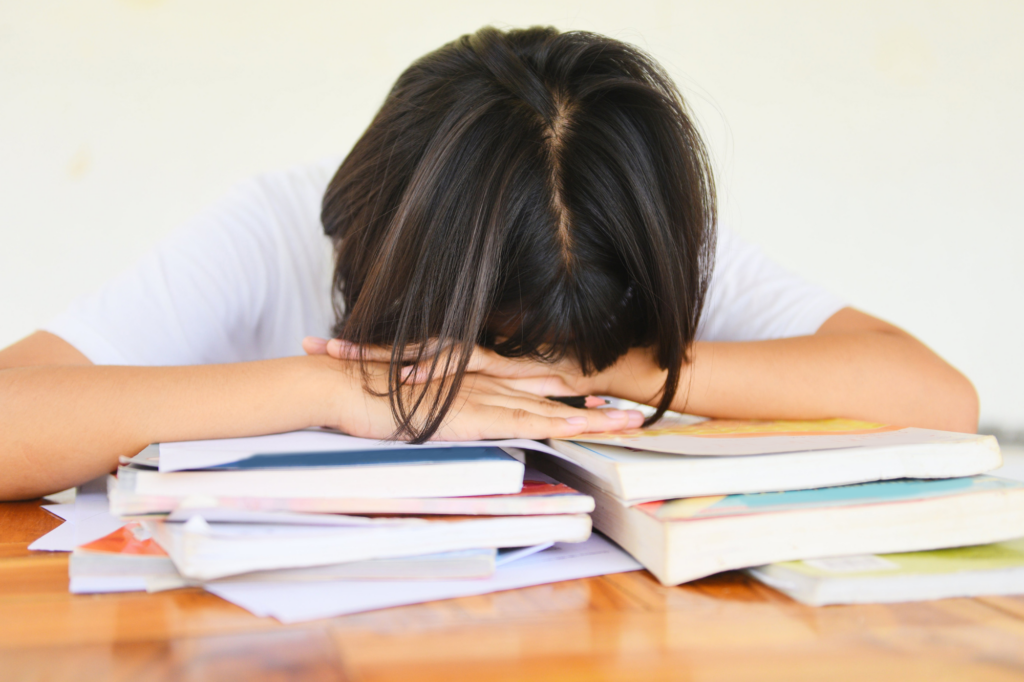When pressure starts to build
With exam season just behind us, many under 18s are still feeling the stress of long periods of intense study, made harder by having to play academic catch up after the lost years of Covid.
Not only are young people still facing the knock-on effect of Covid, but a recent study by the charity Young Minds published in The Guardian revealed that the current cost of living crisis is also taking a toll on their mental health. The study showed that worries about money are the most common reason why young people (58%) suffer damage to their mental health, with 27% saying that Covid is still affecting them.
Mindspace Director Tony Capon told us:
‘Stress is our psychological, emotional and physical response to pressure. We feel stressed when there are too many demands upon us, and we just don’t have enough resources to cope. Young people today have not only had to contend with the fall out of the pandemic, but they now have the added pressure of worrying about money.”
Symptoms of stress
When we become stressed, we find it difficult to focus or to control our thoughts and we can start to feel depressed, anxious and low. At the same time, we feel as though we are under threat and our hearts start to race, we feel tense, hot and sweaty and we can become agitated or forgetful. Our sleep can become disturbed, and we find it difficult to relax or sit still. It’s not unusual to seek out harmful coping mechanisms.
Tony added:
‘At Mindspace we regularly see young people who turn to coping mechanisms that give them temporary relief from stress, such as binge eating, self-harm, drinking or smoking. They often feel the double whammy of feeling ashamed by their behaviours.’
What can we do to support ourselves when we feel stressed?
It can be helpful to start by working out all the possible causes of our stress and when and where it is that we feel most stressed. Perhaps we’re trying to do too much, not allowing ourselves enough ‘me’ time or maybe our expectations are too high. Looking at each contributory factor, there are often small changes we can make that can make a big difference.
Allowing ourselves some time for self-care every day doesn’t necessarily mean that we have to give up hours of our time every week. Free apps such as Insight Timer include short breathing and guided meditation exercises that we can incorporate into our daily lives.
Tony added:
‘At moments when we feel stress start to build, one of the simplest and most effective things we can do is to take a few minutes to slowly breathe in and out, focusing on our breath as we gently inhale and exhale. Our counsellors are very experienced at supporting young people and adults who are experiencing the symptoms of stress. They support clients to find the right healthy coping strategies whilst also helping them to get to the root cause of their stress’.

